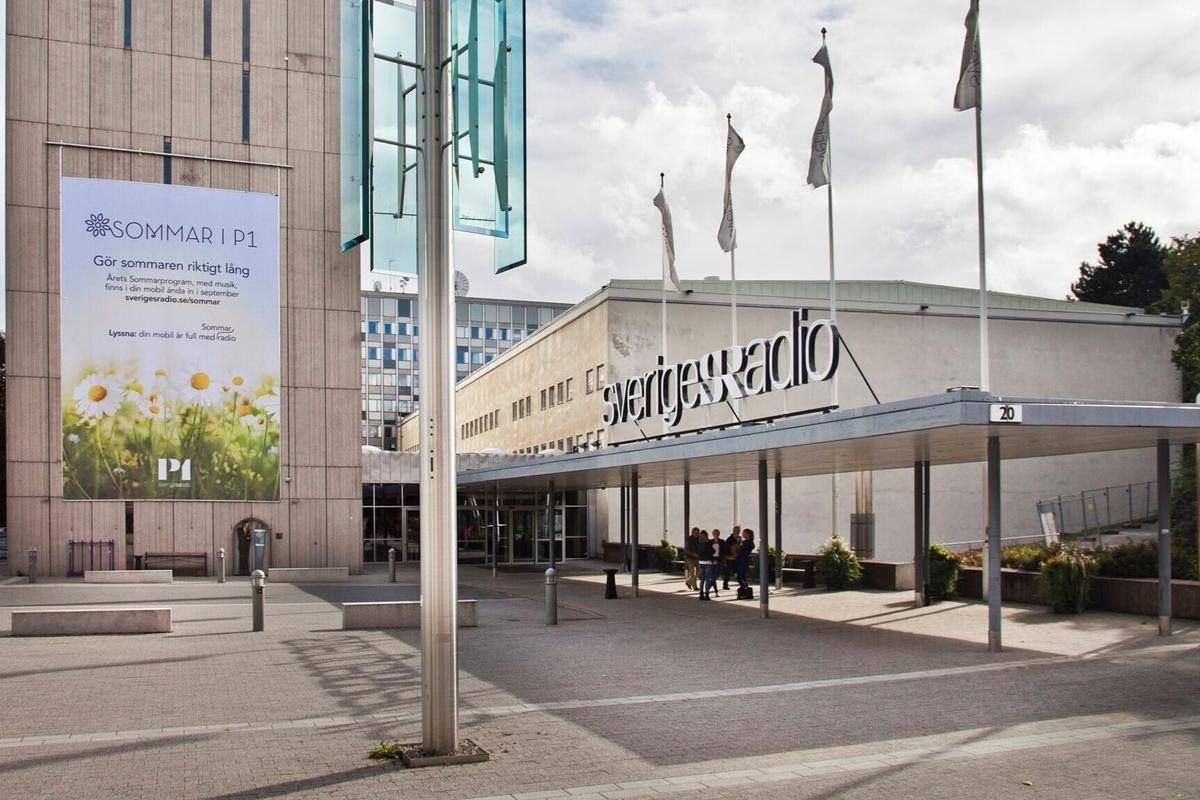Cilla Benkö has served as director of Sweden’s public radio broadcaster, Sveriges Radio, for over a decade even though she says it was not originally “on her radar”.
“If someone would have told me when I was a 21-year-old trainee sports journalist, ‘You will become a CEO in your late 40s’, I would have laughed,” she tells The Slovak Spectator on a restaurant terrace near Bratislava Castle. Benkö was 32 when she was asked to head Swedish Radio’s financial news desk, her first managerial post.
The media executive has not forgotten a piece of advice that her then boss gave to her: You are no longer part of the group of reporters, but you are the one who is supposed to coach, help and keep your goals in front of your colleagues. “Apparently, I did it fairly well. I’ve been asked to take on other positions since then,” says the Swedish Radio CEO.
In addition, given her extensive experience as a journalist and a media executive, she has emerged as an international speaker on press freedom and public-service media.
In May, the month when the world celebrates press freedom, Benkö, 59, visited three capitals – Vienna, Bratislava and Prague – to talk about the safety of journalists and the important role that independent media play in society. Her visit took place just a few weeks before Slovakia learned the latest verdict in the case of murdered Slovak investigative journalist Ján Kuciak and his fiancee Martina Kušnírová. Reporters Without Borders (RWB), a non-profit organisation that advocates for press freedom, described the judicial process that led to that verdict as a ‘debacle’.
Unlike Slovakia, which came 17th in RWB’s 2023 press freedom index, Sweden has long been ranked one of the top countries in it.
“Sweden has always been a country where it’s common knowledge that freedom of expression and press freedom are extremely important for a well-functioning democracy,” explains Benkö.
A case in point: Sweden, a country of 10 million, boasts of being the first to adopt a press freedom law, in 1766. Slovakia has not yet adopted such a law despite it being a proclaimed ambition of previous OĽaNO-led cabinets. The party was in power from spring 2020 until earlier this month. In 2022, they instead updated old media laws in response to the changing media landscape. But those laws still preserve the right of politicians and other public figures to object to reporting about them.
Apart from the differences between the media landscapes of these two EU member states, they also share a negative similarity: the increasingly common phenomenon of journalists being verbally attacked by people, including politicians, particularly in online space.


 The Swedish Radio building. (source: Mikael Grönberg/Sveriges Radio)
The Swedish Radio building. (source: Mikael Grönberg/Sveriges Radio)